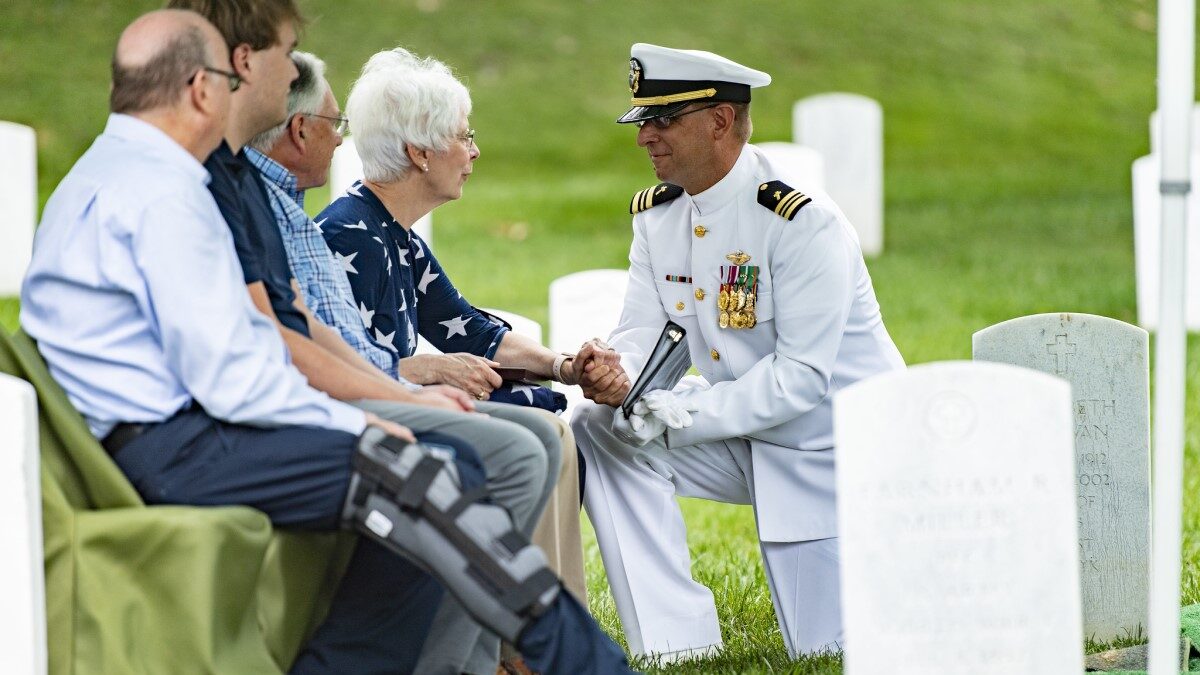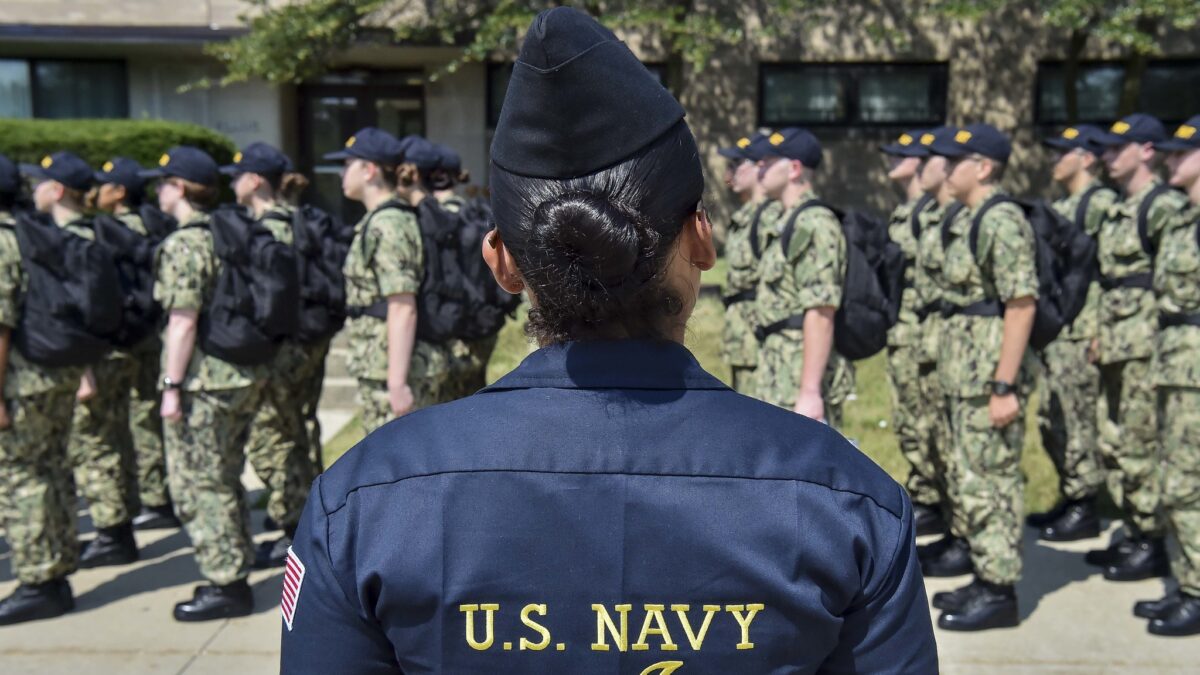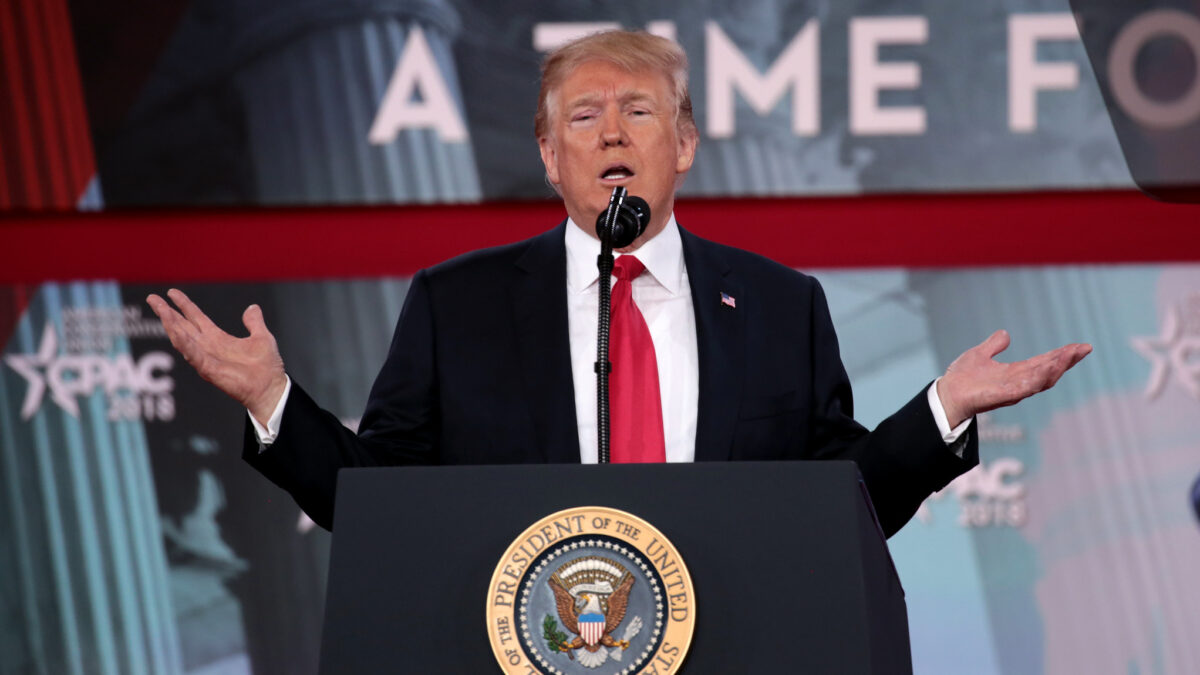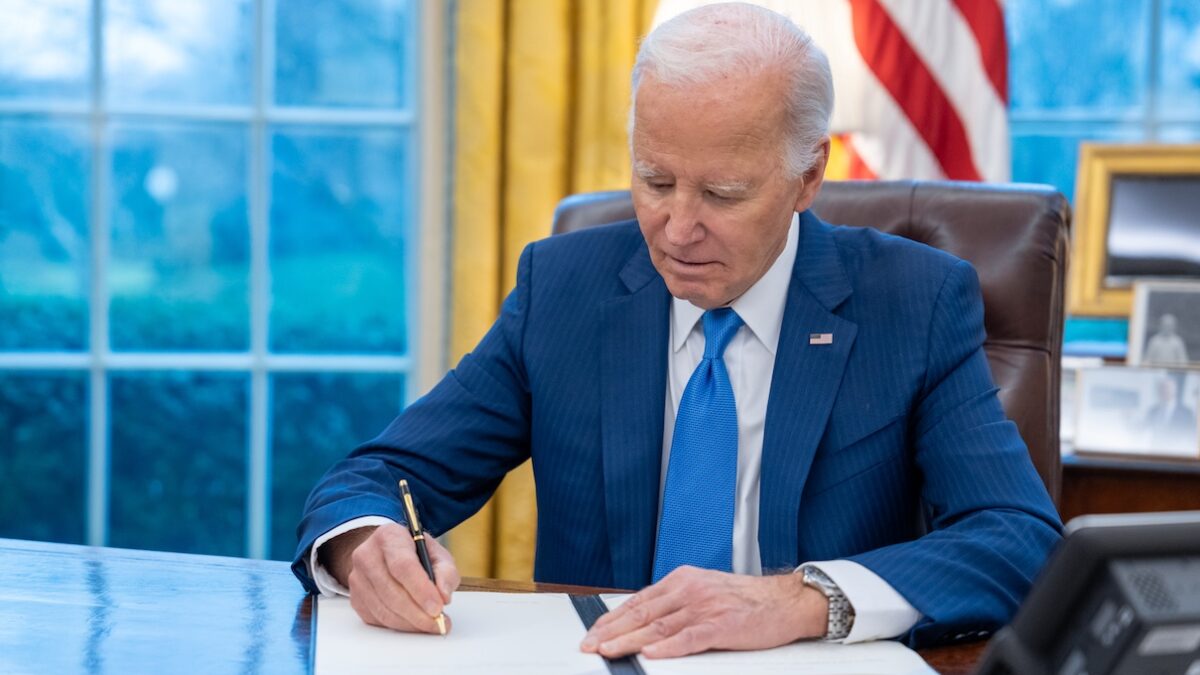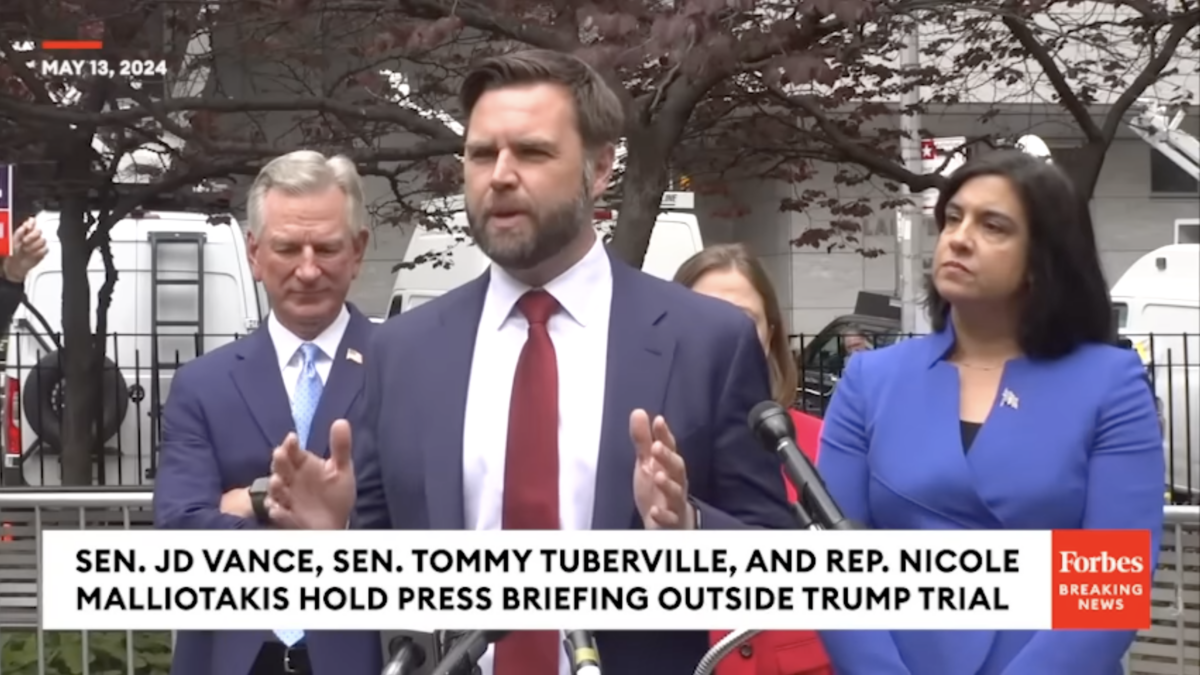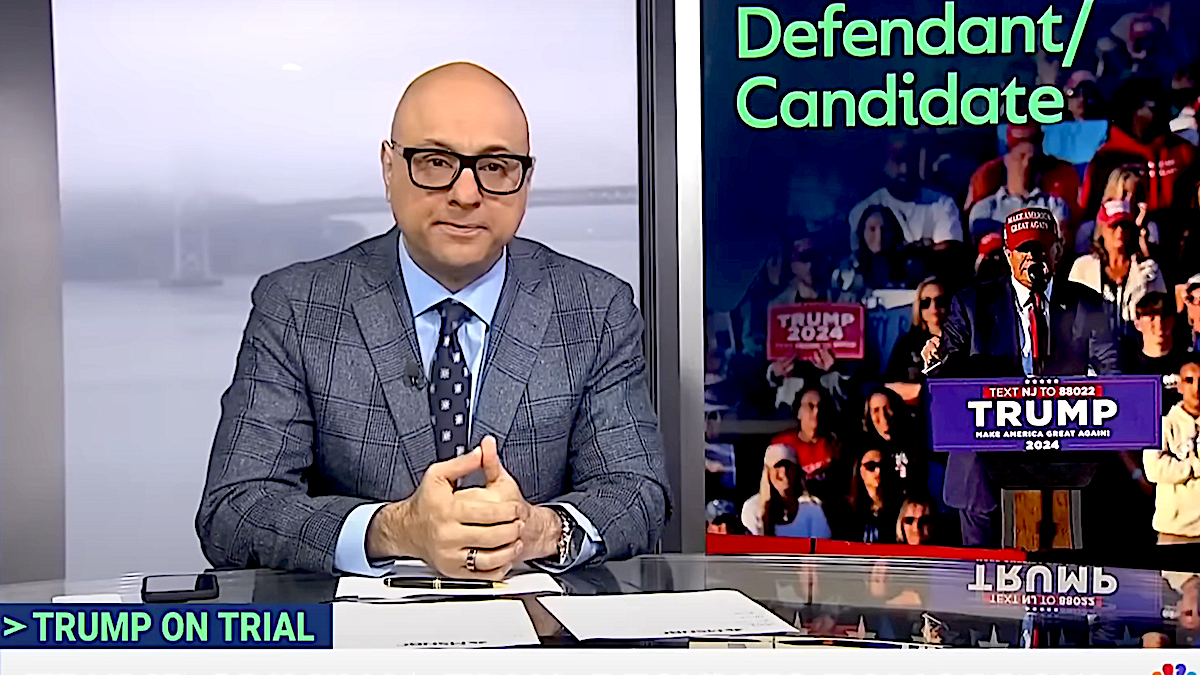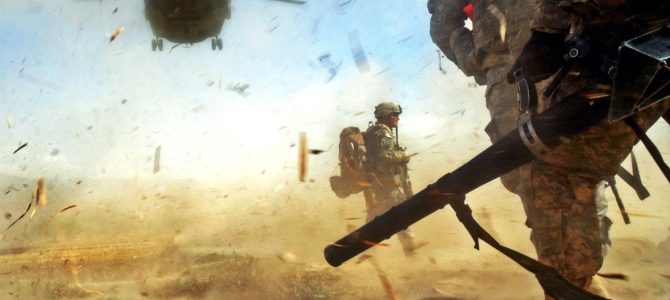
The Boston Marathon bombing happened just before my unit deployed in 2013. It was our final drill weekend and we were going over our packing lists, making sure we were ready to go, when the news broke across several television screens at once.
In the following week, America learned about the Richard family—a mother in a coma, a daughter maimed, a son killed—by the ruthless actions of two terrorists who set off an improvised explosive device (IED) at the iconic race. The atrocity put the purpose of our upcoming deployment into sharper focus.
As we grieved leaving behind our spouses and children, we knew we would be doing so to protect families like the Richards. IEDs are weapons of war and are meant for warzones. By engaging terrorists on the other side of the world, we hoped, fewer of these weapons would be employed against regular citizens.
This was much of the mentality after 9/11 as well. A generation of young men and women picked up the torch from prior generations (and their rifles) and went to war, hell-bent on keeping the war away from our families. This generation was largely successful in this objective. For 20 years, this country has largely enjoyed peace and safety.
As with all else in war, there were unintended consequences that sprung from our military’s success overseas. By buffering the American people from acts of terror, U.S. soldiers ensured the complacency of the American people toward what was happening over there and the cost to our armed forces. Before it was even over, it has already become another forgotten war.
This fact taxed the morale of our troops. After calling them forth to battle in 2001, many Americans didn’t seem to care when our service members left or when they came home. When my unit returned home, we were not met with those tear-inducing moments so often presented on YouTube. One of our soldiers had to take a taxi home from the airport. He took his life a year later.
To compound the woundedness that came from the indifference of the American people, those who served in Afghanistan over the last 20 years are now wondering whether their service meant anything. The post-mortems have not helped, with their relentless focus on perceived failures. During the recent withdrawal from the country, calls to the Veterans Affairs suicide hotline increased dramatically.
Regardless of political affiliations or opinions about the war over there, this is no way to treat the warriors who took up the mantle of prior generations to keep our country safe. While the country can do more as a whole to honor those who served, here is a few things that we can do as individuals to help and encourage our veterans and service members.
Treat the war in Afghanistan as an extension of 9/11. Many of those who served did so because of that tragic day two decades ago. Thank them for answering that nation’s call in the days that followed and remind them that we have suffered no more attacks of that magnitude because of them.
Count the wins. Our rhetoric has been saturated with defeatism. This broad-brush approach is effective in debates over foreign policy, but it is damaging to those who served.
In Afghanistan (and Iraq) a generation of men and women proved that America still has moral fortitude, is willing to fight for what it holds dear, and can dominate the battlefield. Our soldiers lost no battles, even when on the verge of being overrun. Even as many chalk up the war in the loss column, our military was undefeated on the field.
Remember that we fought the right way. I’m not talking here about strategic objectives, but about our military’s conduct in war. They are fierce in both fighting and friendship. Even as they neutralized their enemies, the U.S. military sought to minimize civilian casualties and secure innocent populations. They formed deep bonds with partner forces from other nations and with many of their Afghan counterparts. They kept faith with their friends and allies until the end.
The war in Afghanistan was anything but meaningless, and the service rendered by our troops over the last 20 years is nothing short of heroic and awe-inspiring. We could learn a lot as a country from the way they stood together, served together, suffered together, and at times bled together.
Now, we welcome them home. Many of the 18-year-olds who enlisted in the wake of 9/11 are reaching retirement this year. They have seen the best and worst of the world and bring a world of wisdom back to the society they fought for.
Let’s acknowledge the cost. It’s not just those killed or maimed in battle, but also those who came back with empty hearts, or to empty homes, and have never recovered. As a nation, we must also find veterans on the fringes and bring them back into its heart. We need them as much as they need us.
To our 9/11 generation of veterans: Thank you for hearing your nation’s call to service and keeping us safe. You prevailed on the battlefield, conducted yourself with honor, and never broke faith with your country or your friends. Your service was not only an invaluable contribution to our country—you reminded your fellow citizens of what they can do when they get knocked down and are told, “Let’s roll.”




